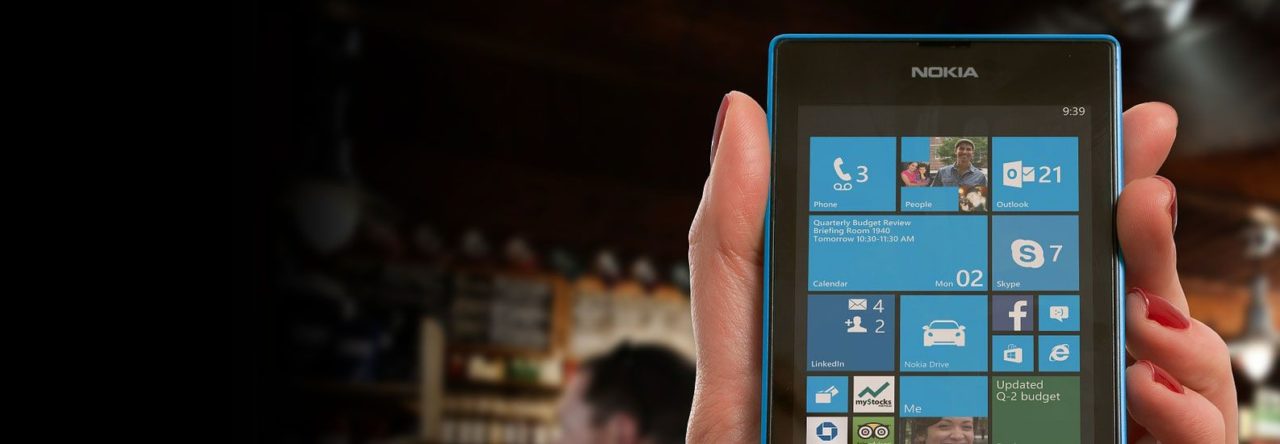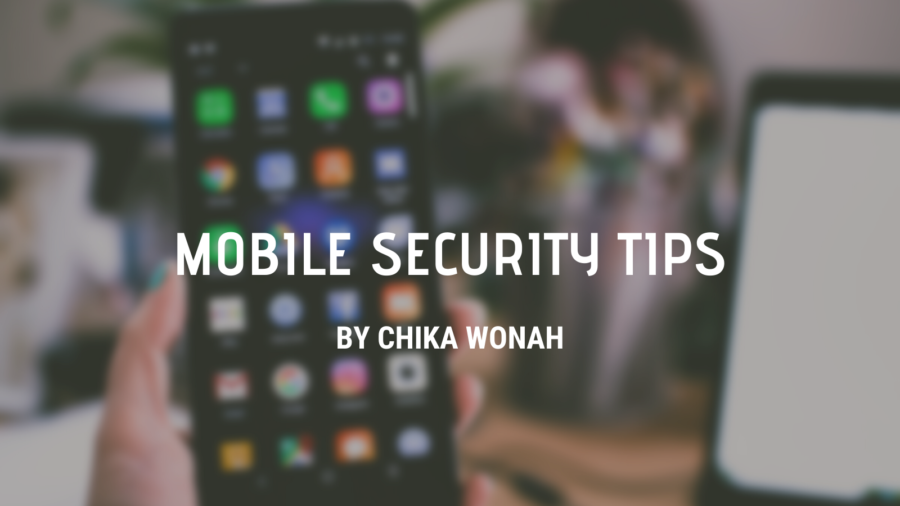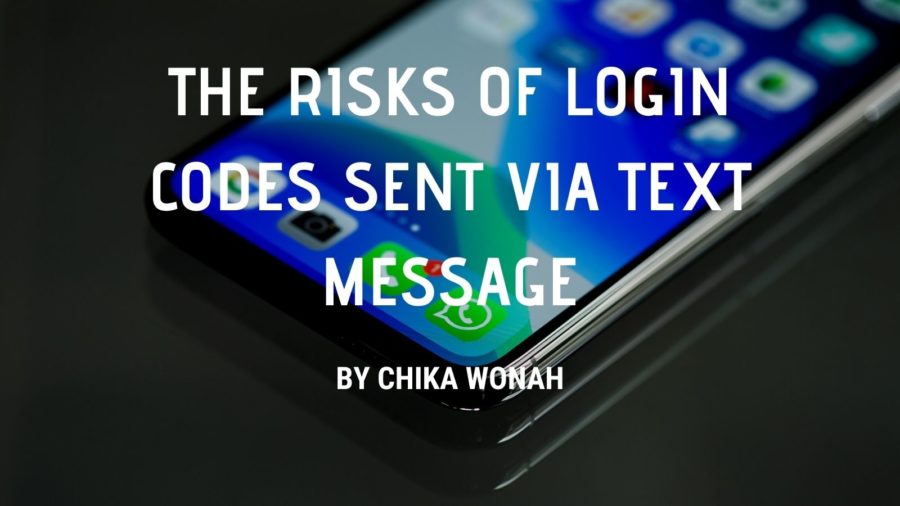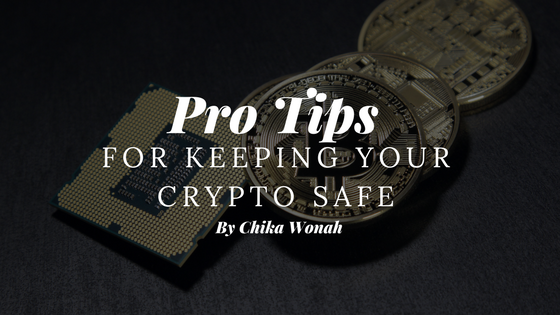In today’s world, it seems that everyone is always on the go and needs a mobile device to stay connected. With all of this mobility comes new security risks for your data and identity. This post will give you six tips for mobile security to help you keep yourself safe.
1. Keep Your Phone Locked
When you’re not using your phone, lock it. It will make sure that no one can access the information on your mobile device if they gain physical access to it while you are away from it.
2. Add a Security Question
This is helpful if someone else gets hold of your phone and tries to reset the password or get into your account. You can set a security question not easily guessed to help keep your account safe from identity theft.
3. Set a Pin on Your Phone
Similar to locking your phone, setting a pin on it will ensure that no one can access your information without the correct code. This also helps prevent others from reading messages or seeing personal photos on your phone.
4. Be Careful What You Share
Just because you have a mobile device and are staying connected doesn’t mean that you should be careless of who you give data to, especially if it’s sensitive information. If someone has access to your phone or can see what you’re looking at on the screen, they could be able to take your information and use it against you.
5. Connect to Secure WIFI
One of the biggest threats to mobile devices is other people on public networks. Use secure WIFI where possible and avoid using public wifi if at all possible, especially for things like online banking or shopping. This will help prevent others from logging into your connections and intercepting data or personal information.
6. Set App Permissions
When installing an application on your devices, take a moment to review the permissions that the app requests and make sure they are reasonable. If an application requests access to functions that seem suspicious or unrelated, reconsider installing the app.
In Conclusion
Overall, using these tips and keeping your mobile device up-to-date with the latest operating systems can help you stay safe when on the go and reduce the chances of your identity being stolen due to data breaches or security breaches.





